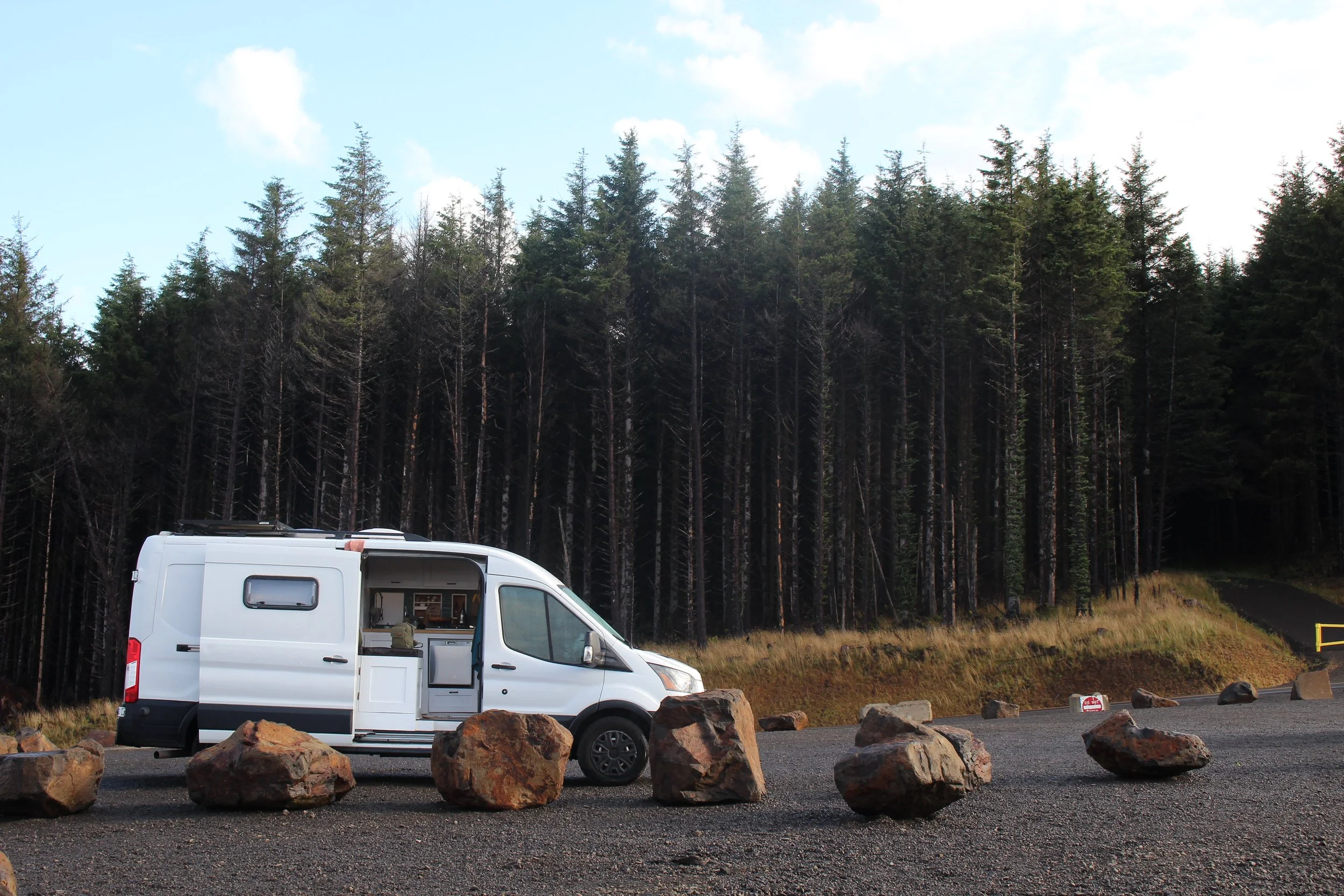The Microeconomic Implications of an Alternative Lifestyle
Money: The Bane of Our Existence
Money is on most of our minds, most of the time. We use it to buy food and shelter. We use it to pay for utilities such as water and electricity. Most Americans rely on money for these things. This begs the question, how do we get enough money to pay for all of these things? In most cases, we start to trade our time for employment in the never ending cycle of earning and spending on the things we want and need.
Shelter is one of our basic needs which we usually tend to spend the most amount of money on. And it is what we spend most of our time working towards. The high cost of housing in metropolitan areas of The United States has forced many people to work longer hours and multiple jobs to afford this basic need. We become workers. The German philosopher Josef Pieper describes the worker as a proletarian: “the man who is fettered to the process of work. To be fettered to work means to be bound to this vast utilitarian process in which our needs are satisfied, and what is more, tied to such an extent that the life of the working man is wholly consumed in it.”
The financial burden of a rent or mortgage payment forces a person to devote much of their time to their work. For the hourly wage earner, the higher their rent or mortgage payment means more of their time spent working to make ends meet.
How Expenses Shape our Financial Freedom
When thinking about financial freedom, it is common to think about how to earn more money. Especially in a capitalist society like America being so hyper focused on the concept of money. The thinking goes: if I earn enough money then eventually I’ll have enough to be free.
But what if instead, we could achieve financial independence by eliminating expenses? If for example, your rent or mortgage payment was eliminated, then all of a sudden your monthly expenses would be reduced dramatically. What you’ve been trading your time working to afford is now out of the equation. We spend most of our time working to afford housing. And when we’re not working, we’re either thinking about the next time we’ll need to go to work or thinking about how much we don’t want to need to work. If a housing expense is eliminated, the thinking might shift to questioning what reasons you still have for tending to work.
Less expenses equals less pressure to work to afford your expenses. Take an inventory. What do you need. In the last four years of living in a van I’ve realized the answer is not much. Being conscious of expenses allowed me to bring my monthly expenses to as low as $250 a month. I was then able to work less hours in exchange for more free time. Even though I’m not earning a ton of money, I feel financially free.
Disclaimer
While eliminating expenses and therefore eliminating the need to work can be a viable option for achieving financial freedom, it is also important to think and plan for the future. If you have a partner and want to start a family, you might need more than a van and BLM land to provide a life for your family.
It’s also important to note that certain jobs are necessary for society to function. Jobs like doctors, nurses, surgeons, police officers, teachers, plumbers and garbage men are the cogs in the machine of society.
A Brief History of Money in the United States
If you lived in America 336 years ago in the nostalgic year of 1689, you would have relied upon the barter system to fulfil your life's daily needs. If you were a farmer you might have traded a bushel of wheat for a few chickens. If you were a teacher you might have exchanged lessons for meals.
In 1690, bartering was replaced by paper money in the United States. This newly founded paper money was referred to as “bills of credit” which was created to finance military action against Canada. About 100 years later, the US dollar was born under the Coinage Act of 1792 . The US dollar took the form of gold and silver coins.
During the first 179 years of the US dollar's life, its value was backed by gold. In 1971, that all changed when President Nixon ended the gold standard which made the US dollar instead backed completely by government authority. Our money is valuable because the government says it is. In 2025, 90% of the world’s money is digital and backed solely by government trust.
We’re moving further and further away from where we were centuries ago. In a society inundated by information, with a constantly changing economic and political landscape, reconnecting with the land offers a financial, social and individual liberation from it all.
